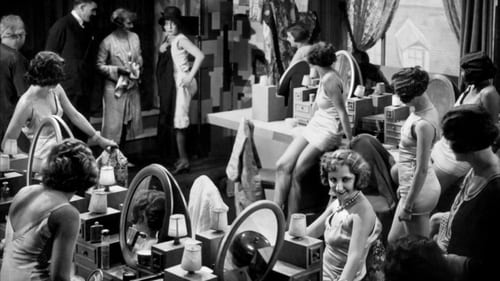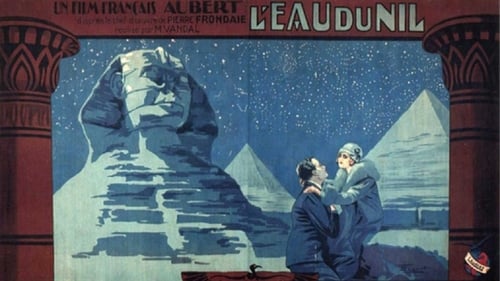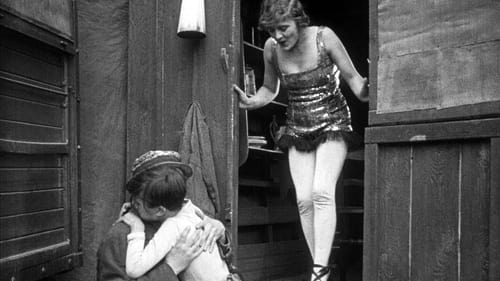
Art Direction
Performing military service, Karel Maes decides to goes over the wall with a group of friends to participate in a cycling race. Karel, Strop and Gust are given a lift by Hans Drogelever, a Dutch soccer supporter on his way to Brussels. A young woman, whose car has broken down, joins them. It is a double triumph for Karel since not only does he win the race but he gets the girl as well.

Art Direction

Set Designer
Denise, an orphaned girl, moves to Paris where she hopes to find work at her uncle's store. But the glamorous department store 'Aux Bonheur des Dames' across the street crunches all the little businesses around. She finds a position there.

Art Direction
A neglected Baroness falls in love with her oldest son's military officer friend, their adulterous romance leading the two to flee to Algeria.

Production Design
Wirsoq, who belongs to the type of cosmopolitan financier, gets into his power a young French aristocrat, Arthur de Sorgepois, and insists that the boy's sister should marry him. The girl is in love with a young artist, Pierre Levannier, who secretly returns her affection, but does not declare himself at this critical moment because he is not rich enough to support a wife.

Production Design
Story of a woman who thinks she prefers a life of glory on stage in Paris to life with her Scottish lord of a husband in his castle.

Production Design
The Mironton Brothers are part of a fairground attraction. One of them comes into a large inheritance, but the Friends of the Antenna association try to keep him from accessing the money. This formidable brotherhood, whose headquarters are in the Eiffel Tower, send the Mironton Brothers on impossible adventures and countless traps.

Production Design
Set in Brussels, where Suzanne Beulemans, the daughter of a rich brewer is promised to marry Séraphin Meulemeester, the son of a rival brewer. The young man and his father both seem particularly motivated by the dowry of the young fiancée. But Séraphin has a rival in Albert Delpierre, a young Frenchman who is learning brewery from Ferdinand Beulemans and who is discreetly enamoured with the young woman. Albert learns Séraphin's secret that he is having an affair with a worker and that they have had a child. He promises Séraphin that he will never reveal any of it to Suzanne, but she is told by Isabelle, her maid.

Production Design
A former professor and devout Catholic living in Jerusalem is unaware that his son supposedly studying in Paris has actually become the leader of an anarchist network under the codename Sirias.

Production Design
The almost financial ruined gentleman Georges Dewalter spends several days in Biarritz before going off in the Hispano-Suiza, a luxe car which was a present from friends. George becomes the lover of Stéphane Oswill pretending he is wealthy. Then Stéphane spends the remaining funds with which the now desperate George hoped to rebuild his fortune in Senegal.

Production Design
The suffering and rebellion of 12-year-old François Lepic, nicknamed "Poil de Carotte" by his mother, who hates him. Occupied with the council elections, his father appears unaware that the young boy is increasingly tempted by suicide.

Art Direction
Poor abbé Contantin, he is devastated at the news: to think that two American ladies have bought the local manor where he has always been welcome! Worse, Mrs. Scott and her cousin Bettina are protestant. But the good priest soon realizes there is no cause for alarm. The two ladies are charming and open-minded. They insist on Constantin sticking to his old habits and he gladly resumes his visits to the manor. Paul,his nephew, will even fall in love with Bettina and the priest will unite the two young people in the village of mirth.

Production Design
Based on the play by Pierre Wolff.










